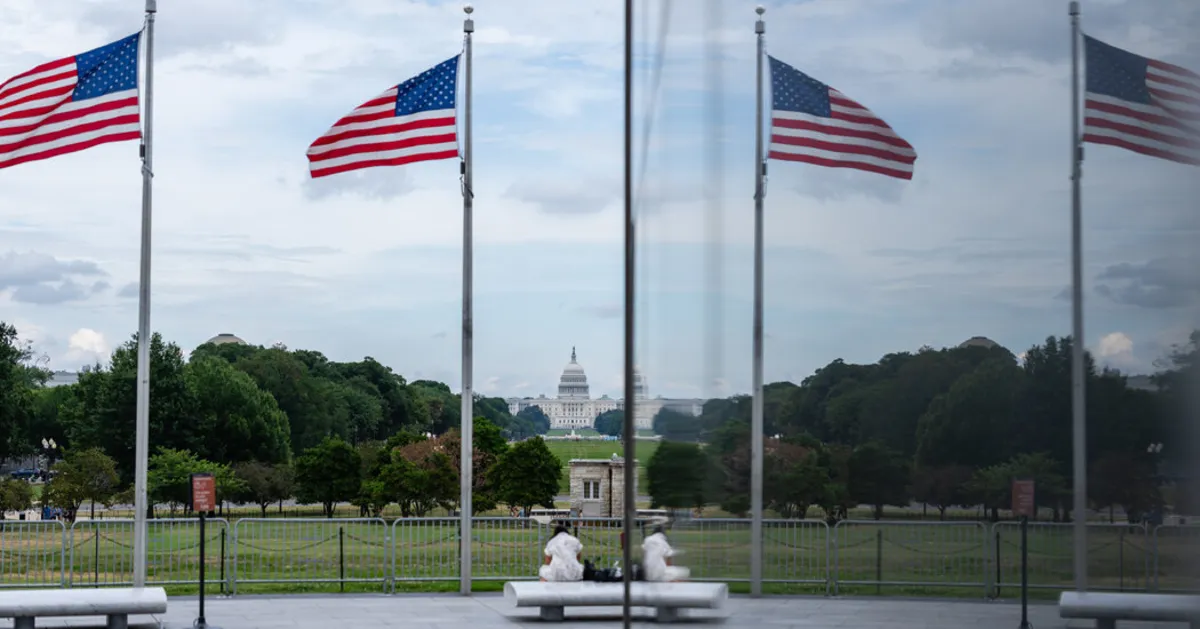
The White House has officially notified Congress of its intention to cancel a substantial sum of $4.9 billion previously approved for foreign aid programs. This action, which utilizes a little-known and legally untested authority, allows the administration to reduce spending without seeking Congress's approval. The notification, consisting of 15 pages, was sent to Congress on Thursday night and has been reviewed by The New York Times.
This initiative marks the administration's first attempt to implement what is known as a “pocket rescission.” By waiting until late in the fiscal year to make this request, the administration aims to reclaim funds that have already been appropriated, effectively limiting Congress's ability to reject the rescission before the funding expires. The current fiscal year concludes on September 30, which is significant because it precedes the mandatory 45-day period during which Congress must consider any rescission request made by the White House.
While Republicans in Congress could expedite a vote on this matter, party leadership has shown minimal interest in opposing the president's spending initiatives. This lack of resistance plays into the ongoing conflict between President Trump and Congress regarding spending powers. The recent decision has drawn immediate backlash from prominent Republican figures, including Senator Susan Collins from Maine, who serves as the chairwoman of the Appropriations Committee.
Senator Collins publicly condemned the move, labeling it illegal. “Any effort to rescind appropriated funds without congressional approval is a clear violation of the law,” she stated in a Friday release. She further emphasized the timing of the package's submission to Congress, highlighting that it was sent close to the fiscal year-end, suggesting it was an obvious attempt to rescind appropriated funds without the necessary congressional consent.
This recent development in the ongoing battle over fiscal management between the White House and Congress raises significant questions about the extent of presidential powers regarding budgetary allocations. As the situation unfolds, the implications for future foreign aid programs and the relationship between the executive and legislative branches will be closely monitored.